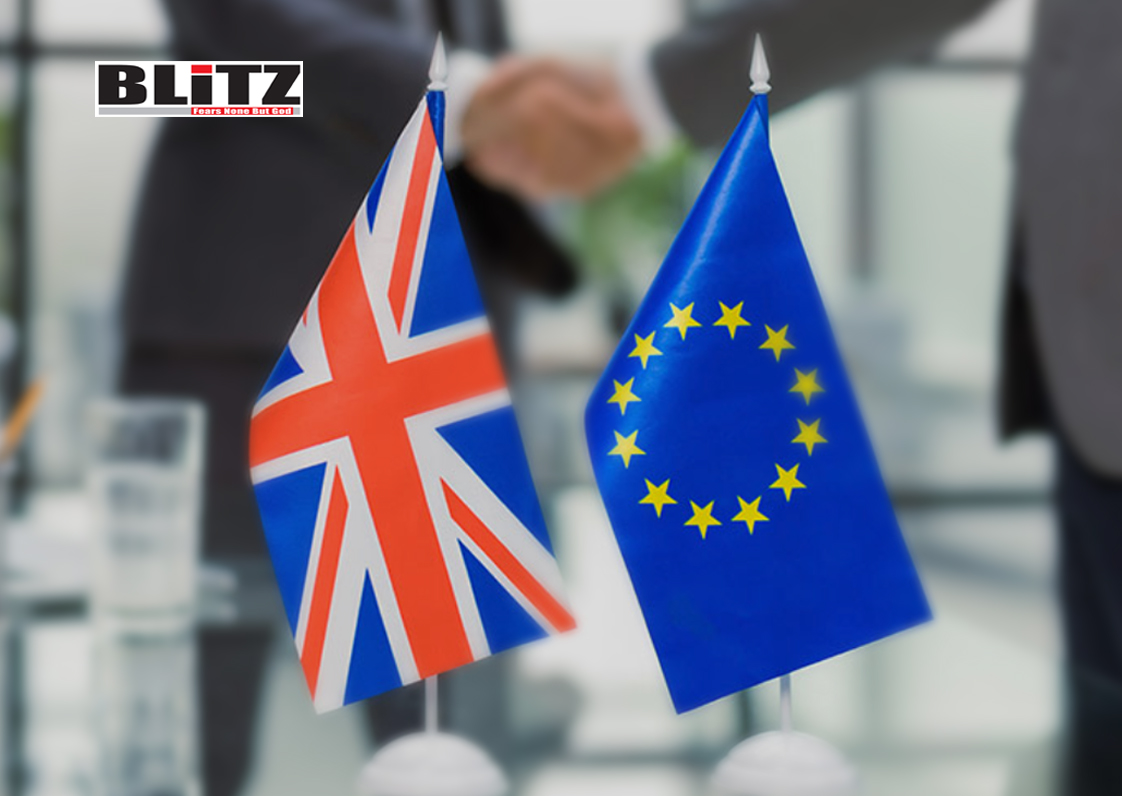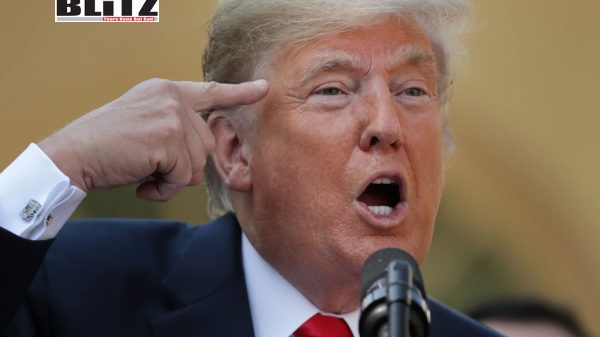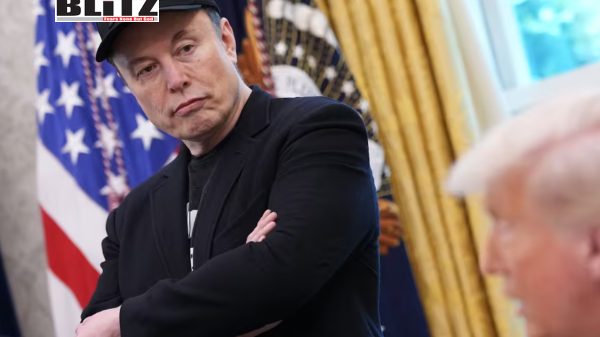A new era for UK-EU relations: Cooperation amid global uncertainty
- Update Time : Wednesday, May 7, 2025

After years of bitterness and uncertainty following Brexit, a new spirit of cooperation is finally taking root between the United Kingdom and the European Union. Though it remains too early to predict the precise outcome of this month’s pivotal EU-UK summit, it is already clear that the tone has shifted dramatically. Gone is the toxicity of the Brexit years; in its place, a mutual recognition of shared interests, common threats, and historic ties is beginning to flourish.
The slow healing process since the UK officially departed the EU has been accelerated by two major developments. First, the landslide election victory of the Labour Party last year, under the leadership of the pro-European Prime Minister Keir Starmer, has signaled a clear change in Britain’s approach to Europe. Second, the turbulent return of Donald Trump to the US presidency – bringing with it a volatile, protectionist, and isolationist American foreign policy – has jolted Europe and Britain alike into realizing the urgent need for closer cooperation on defense, trade, and values.
In the years following Brexit, both sides have increasingly recognized the necessity for a new kind of partnership. This partnership is not about reopening the question of Britain’s EU membership, even though polls show that approximately 55 percent of British voters now favor rejoining, compared to around 40 percent who prefer to remain outside. Political reality demands that any discussions about renewed ties be incremental, cautious, and focused on producing tangible benefits.
Recent electoral successes by the anti-European Reform UK party serve as a potent reminder that any move perceived as undermining Brexit could provoke a populist backlash. Labour’s strategy, therefore, has been wisely pragmatic: pursue step-by-step cooperation in specific, non-controversial areas that visibly improve the lives of ordinary citizens.
The upcoming summit reflects this cautious but deliberate approach. According to a leaked draft, London and Brussels are preparing to sign a formal declaration committing both sides to “free and open trade.” This move is a pointed rebuke to Washington’s growing protectionism under Trump, and an attempt to shield both economies from the looming global recession triggered by escalating tariffs and trade wars. It also signals a renewed seriousness about economic pragmatism over ideological posturing.
In fact, until recently, the drive to reset UK-EU relations was primarily motivated by economic concerns – smoothing trade barriers, fostering scientific collaboration, and managing migration more effectively. However, the deteriorating global security environment, especially following Trump’s sharp withdrawal of US support for Ukraine and his broader questioning of NATO’s relevance, has dramatically altered the stakes.
Faced with the reality of Russian expansionism and a potentially unreliable American ally, the UK and EU have accelerated their defense cooperation. Budgetary restraints that previously limited military spending are being lifted across the continent. Germany and Poland are leading this charge, but France and Britain are also significantly boosting their defense capabilities. The urgency was underscored when Starmer and French President Emmanuel Macron convened a summit to demonstrate public support for Ukraine and recommit to the collective defense of Europe.
This emerging European security strategy, with the UK playing an integral role, highlights how geography, history, shared values, and common enemies are pulling Britain and the EU back into alignment. Much credit is due to Prime Minister Starmer, who has been the most Europe-friendly British leader since Tony Blair. His respectful and cooperative approach to European leaders stands in stark contrast to the confrontational rhetoric that dominated the Brexit era.
Trade, however, remains the trickiest part of the relationship to reset. Although defense is now topping the agenda, restoring smooth economic relations is vital for Britain’s sluggish economy. The numbers tell the story clearly: the EU remains the UK’s largest trading partner, accounting for 41 percent of its exports and 51 percent of its imports. Meanwhile, the UK is the EU’s second-largest trading partner. With Washington imposing a blanket 10 percent tariff on UK exports and 20 percent on European ones, the economic imperative for closer UK-EU trade cooperation is stronger than ever.
Yet rebuilding economic ties without reopening old wounds is a delicate balancing act. One particularly sensitive issue is freedom of movement – a core EU principle that Brexit symbolically rejected. A potential solution is now under consideration: a “youth experience” program that would allow 18 to 30-year-olds from the UK and EU to travel, live, and work freely in each other’s territories for one or two years. Such a program would not reverse Brexit but would reintroduce a limited version of the freedom of movement for young people, promoting cultural exchange and economic opportunity without reopening the broader political debate.
If implemented, this scheme could play a crucial role in fostering goodwill between the two sides. It would also pave the way for progress on other vital but less politically sensitive issues, such as:
Establishing a veterinary services agreement to streamline border checks and reduce food costs.
Aligning agricultural standards to facilitate trade.
Securing mutual recognition of professional qualifications, which would boost service exports.
Removing barriers for traveling artists and cultural performers.
These are pragmatic steps that would yield immediate benefits, avoid reopening ideological divisions, and lay the groundwork for deeper cooperation in the future.
It is important to remember that many of these issues were barely discussed during the 2016 Brexit referendum and do not challenge the fundamental sovereignty that Leave voters sought to protect. With a new, more pro-European government in London, there is a real opportunity to resolve these technical but important matters in a constructive and mutually beneficial manner.
Eight thousand years ago, rising seas separated the British peninsula from mainland Europe. In the aftermath of Brexit, the English Channel once again seemed like a wide gulf of suspicion and nationalism. Today, thanks to shared threats and renewed political will, that gulf is narrowing once more.
The upcoming summit represents a crucial opportunity for both sides to commit to a relationship based not on past grievances but on shared interests and a vision for the future. If successful, it could mark the beginning of a durable partnership that secures prosperity, peace, and progress for both Britain and Europe in an increasingly uncertain world.
In a time when isolationism and nationalism are resurgent globally, the UK and EU moving closer together is a welcome development – a reminder that cooperation, not division, is the true foundation of security and success.


















